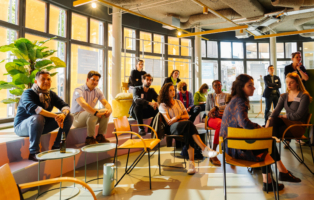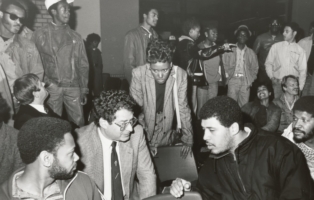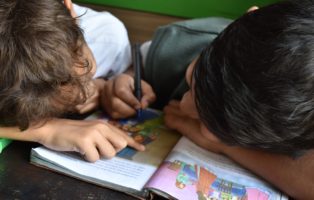Apply Now
NIAS and the Municipality of Amsterdam invite scholars with expertise in the field of urban studies, digitalisation, political studies, sociology or anthropology to apply for a Urban Citizen Fellowship. This fellowship allows one to combine the benefits of working at an interdisciplinary, international Institute for Advanced Study with the advantages of doing a project with high societal impact and concrete results.
For the next three years, the Urban Citizenship Fellowship focusses on digital citizenship in Amsterdam. The digital era is changing the ways in which society and democracy are defined and organised, and there is an urgent need to address issues of inclusivity and transparency in the relation between local government and citizens.
For the upcoming academic year 2022/23, applicants are invited to submit a project proposal around the theme of transparent government. In the academic year 2023/24 projects should focus on the theme of merging realities. More information about these topics can be found here. Each year, there are 2 ten-month fellowships available (in exceptional cases, 5-month fellowships are possible too).
Applicants should have at least three years of experience after obtaining a Ph.D. For more information about eligibility, what the fellowship offers and applying, see here.
About the Fellowship
The Urban Citizen Fellowship is established by the Municipality of Amsterdam and NIAS in 2020 to stimulate the use of advanced research in political deliberation and public policy making for the city of Amsterdam. Previous rounds of the fellowship have explored the local welfare state, political representation and immigrants’ rights.





